Many inland waterway and dry port enterprises in Ho Chi Minh City have reported that the city's seaport infrastructure fees are quite high, causing the amount of goods to be transferred to neighboring localities, causing businesses to lose revenue.
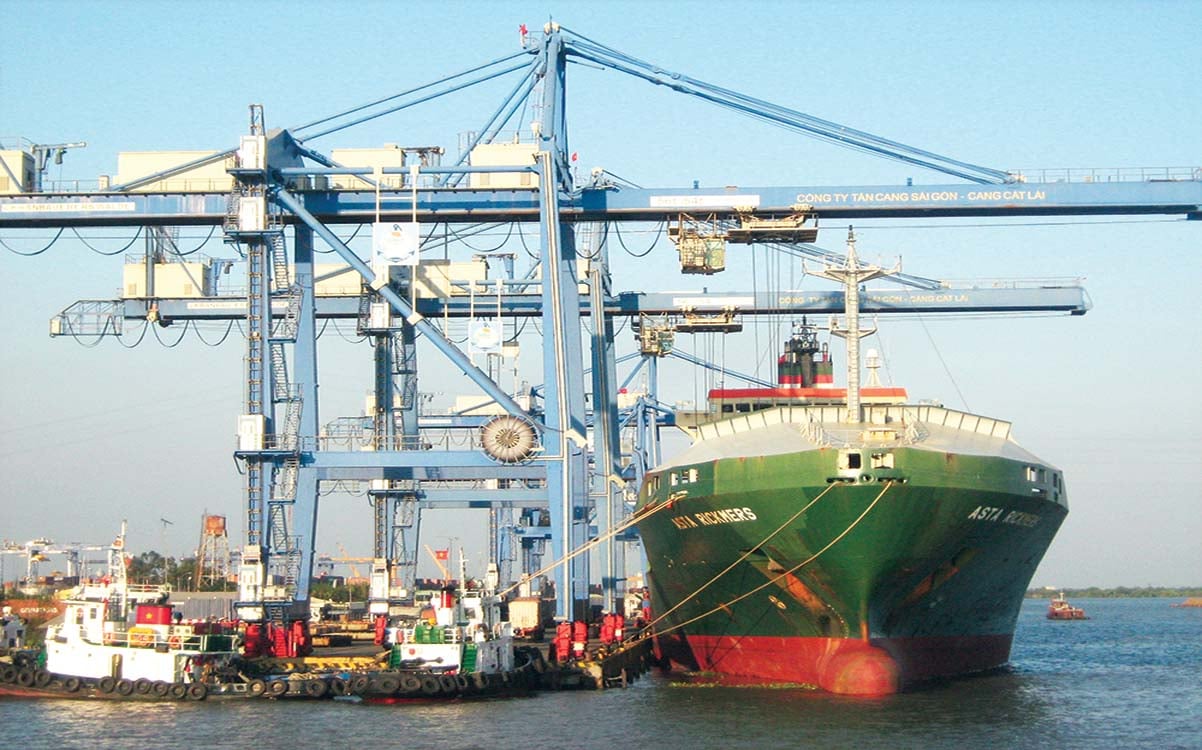 |
| Import and export goods at Cat Lai port (HCMC). Photo: Le Quan |
Goods diverted to neighboring provinces
In early July 2024, a series of inland waterway port and dry port enterprises in Ho Chi Minh City jointly signed Document No. 124/ICD sent to the People's Committee and People's Council of Ho Chi Minh City, requesting a review of the collection of fees for using works, infrastructure, service works, and public utilities in the seaport gate area in the City (referred to as seaport infrastructure fees). The enterprises requested a review of this fee because after 2 years of implementation, reality showed that there were many problems.
The first issue pointed out by businesses is that the output of goods and logistics services in Ho Chi Minh City has decreased by more than 30% compared to the time before collecting port infrastructure fees and the downward trend is becoming more and more obvious. On the contrary, during the same period, neighboring provinces and cities have had a sudden increase in output of goods and increased budget revenue in the past 2 years because they do not collect port infrastructure fees like Ho Chi Minh City, so they have a great competitive advantage.
That leads to many enterprises producing, trading, importing and exporting goods, transporting, delivering, providing logistics services... that previously used the services of enterprises in Ho Chi Minh City, now transferring the flow of goods to inland waterway ports in neighboring localities, then connecting and transporting to deep-water seaports to avoid having to pay port infrastructure fees like in Ho Chi Minh City.
Not only that, inland waterway and dry port enterprises cited data published by competent authorities showing that the decrease in cargo volume has made the actual seaport infrastructure fee collection about 30% lower than the Project. This is clearly demonstrated when 2023 is the first year that the import-export tax revenue of the Ho Chi Minh City customs sector does not meet the annual plan target. Similarly, in the first quarter of 2024, import-export activities in the City decreased in both percentage and absolute value on almost all criteria such as the number of enterprises carrying out customs procedures, the number of import-export declarations, and the implementation of state budget revenue compared to the same period in 2023.
In particular, the collection of port infrastructure fees has caused the production and business efficiency of inland waterway and dry port enterprises to decline, and economic and financial indicators have encountered many difficulties when they did not meet the set plan and were 15-20% lower than previous years. Moreover, enterprises had to cut about 25% of their permanent workforce, not use seasonal workers... resulting in the jobs and incomes of thousands of workers being affected.
“In recent years, the application of port infrastructure fee collection policies has eroded businesses' potential, limiting their ability to accumulate resources for investment, development and production expansion,” stated Document No. 124/ICD.
Therefore, inland waterway port and dry port enterprises in Ho Chi Minh City area proposed that the People's Council and People's Committee of Ho Chi Minh City consider the current situation to have a policy to adjust the exemption and reduction of seaport infrastructure fees. Enterprises also believe that the City needs to apply flexible solutions, combined with specific policy mechanisms according to Resolution 98/2023/QH15 to attract and restore cargo routes, thereby contributing to promoting socio-economic development, improving production and business efficiency.
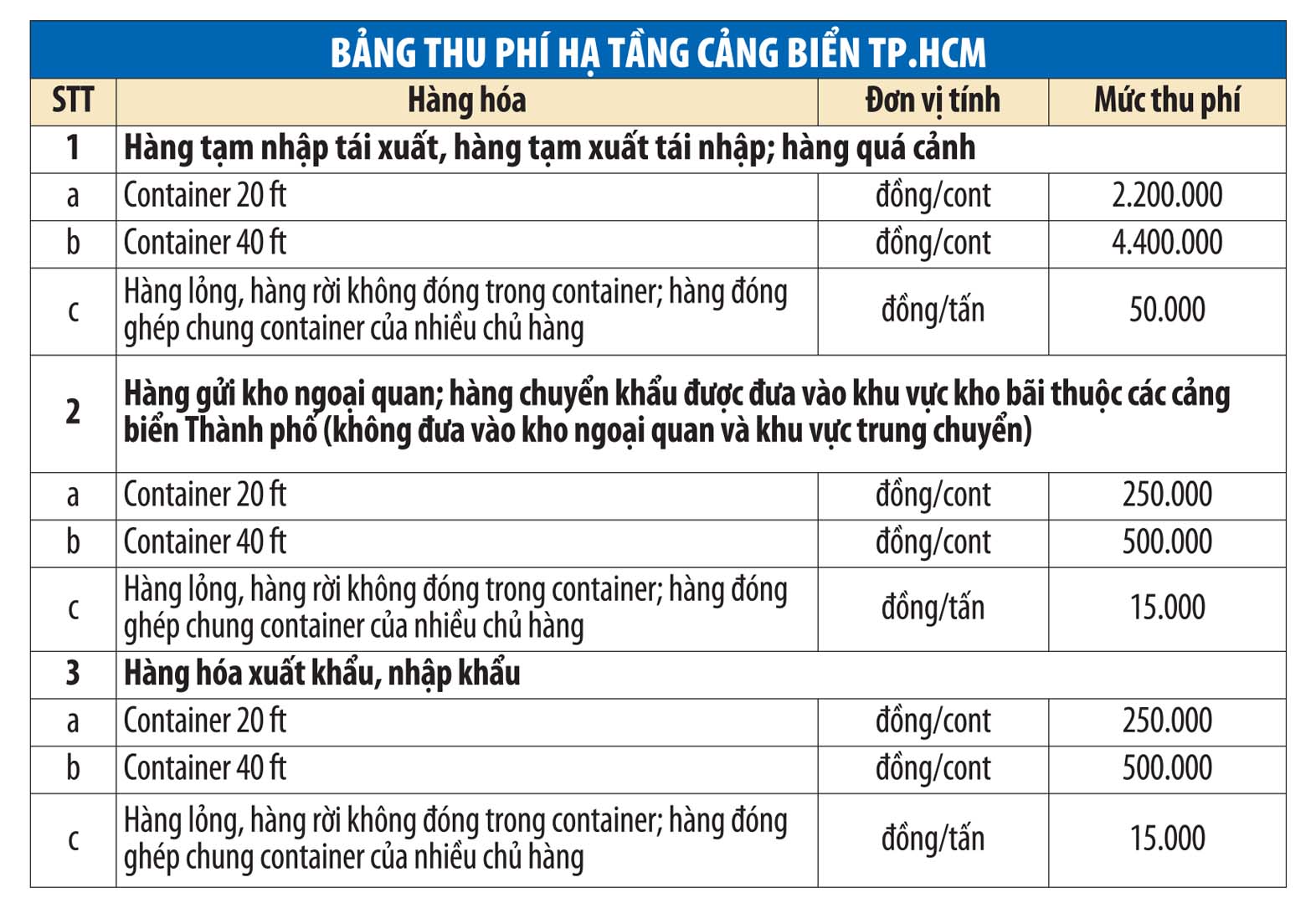 |
Many problems have not been solved
The collection of port infrastructure fees not only causes the volume of imported and exported goods in Ho Chi Minh City to decrease, but many problems related to fee collection are also slow to be resolved.
Speaking to Dau Tu Newspaper reporters, Ms. Pham Thi Phu My, representative of Yazaki EDS Vietnam Co., Ltd., said that the company specializes in importing raw materials for production, then exporting 100% abroad. At the request of customers, the partner sent Yazaki EDS Vietnam Company packaging bags, plastic pallets, plastic lids, plastic pads... used to pack finished products for export and reused many times. After that, the company followed the instructions of the customs authority on the type of declaration in Decision 1357/QD-TCHQ dated May 18, 2021.
“According to regulations, goods that are not intended for temporary import and re-export, but are only used to package finished products for export, are not subject to port infrastructure fees. However, we are still required to pay the fee,” Ms. My said.
On October 20, 2023, the enterprise received a notice from the Ho Chi Minh City Inland Waterways Port Authority, requesting to pay port infrastructure fees for packaging items at a fee of VND 4.4 million/40-foot container; VND 2.2 million/20-foot container.
Realizing that the fee required by the Ho Chi Minh City Inland Waterways Port Authority was not suitable for the company's cargo status, in October 2023, Yazaki EDS Vietnam Co., Ltd. sent a document to the competent authorities of Ho Chi Minh City for consideration and settlement.
However, it was not until June 27, 2024, that is, more than half a year, that the Ho Chi Minh City Inland Waterways Port Authority sent an invitation to Yazaki EDS Vietnam Co., Ltd. to work on July 9, 2024. After the meeting, Ms. Pham Thi Phu My informed that the Ho Chi Minh City Inland Waterways Port Authority said that the shortcomings that the enterprise reflected had been submitted to the City People's Council for adjustment but there had been no results. The Port Authority requested the enterprise to pay the fee in advance, but the enterprise did not agree.
Faced with the shortcomings reported by businesses, the Ho Chi Minh City Department of Transport recently proposed that the Standing Committee of the Ho Chi Minh City People's Council consider reducing seaport infrastructure fees.
In particular, it is proposed to reduce fees for transit goods; temporarily imported and re-exported goods; temporarily exported and re-imported goods by 3%; reduce fees for transit goods; goods sent to bonded warehouses; exported and imported goods by 26.5%. At the same time, it is proposed to reduce 50% of fees for temporarily imported and re-exported goods, temporarily exported and re-imported goods, goods sent to bonded warehouses, transit goods, exported and imported goods transported into and out of ports by inland waterway vehicles operating on waterways.
Source: https://baodautu.vn/phi-ha-tang-cang-bien-cao-doanh-nghiep-sut-chan-hang-d222327.html




![[Photo] Closing of the 11th Conference of the 13th Central Committee of the Communist Party of Vietnam](https://vstatic.vietnam.vn/vietnam/resource/IMAGE/2025/4/12/114b57fe6e9b4814a5ddfacf6dfe5b7f)

![[Photo] Overcoming all difficulties, speeding up construction progress of Hoa Binh Hydropower Plant Expansion Project](https://vstatic.vietnam.vn/vietnam/resource/IMAGE/2025/4/12/bff04b551e98484c84d74c8faa3526e0)

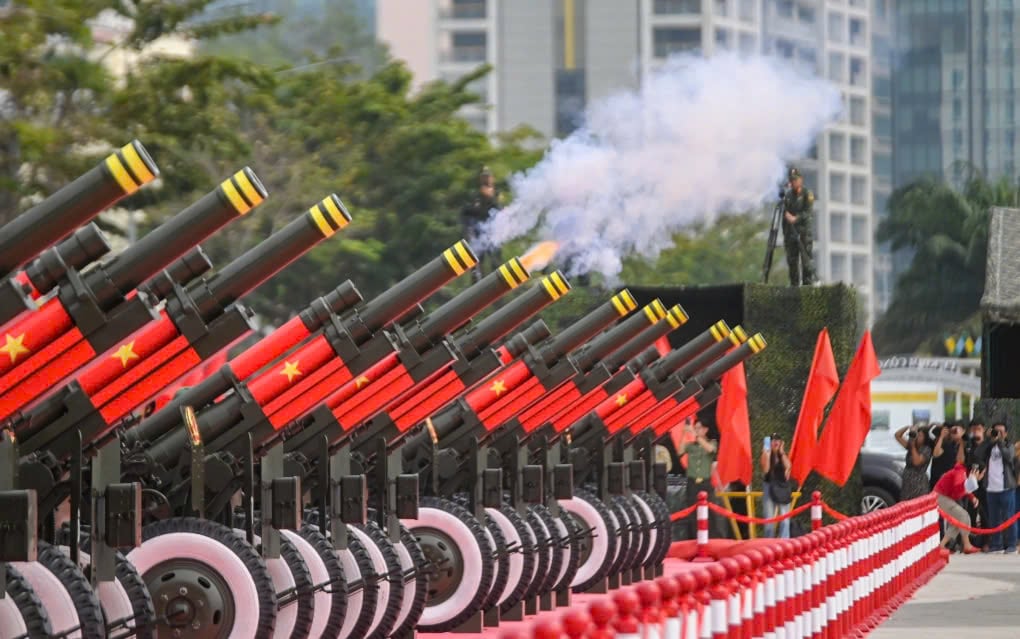





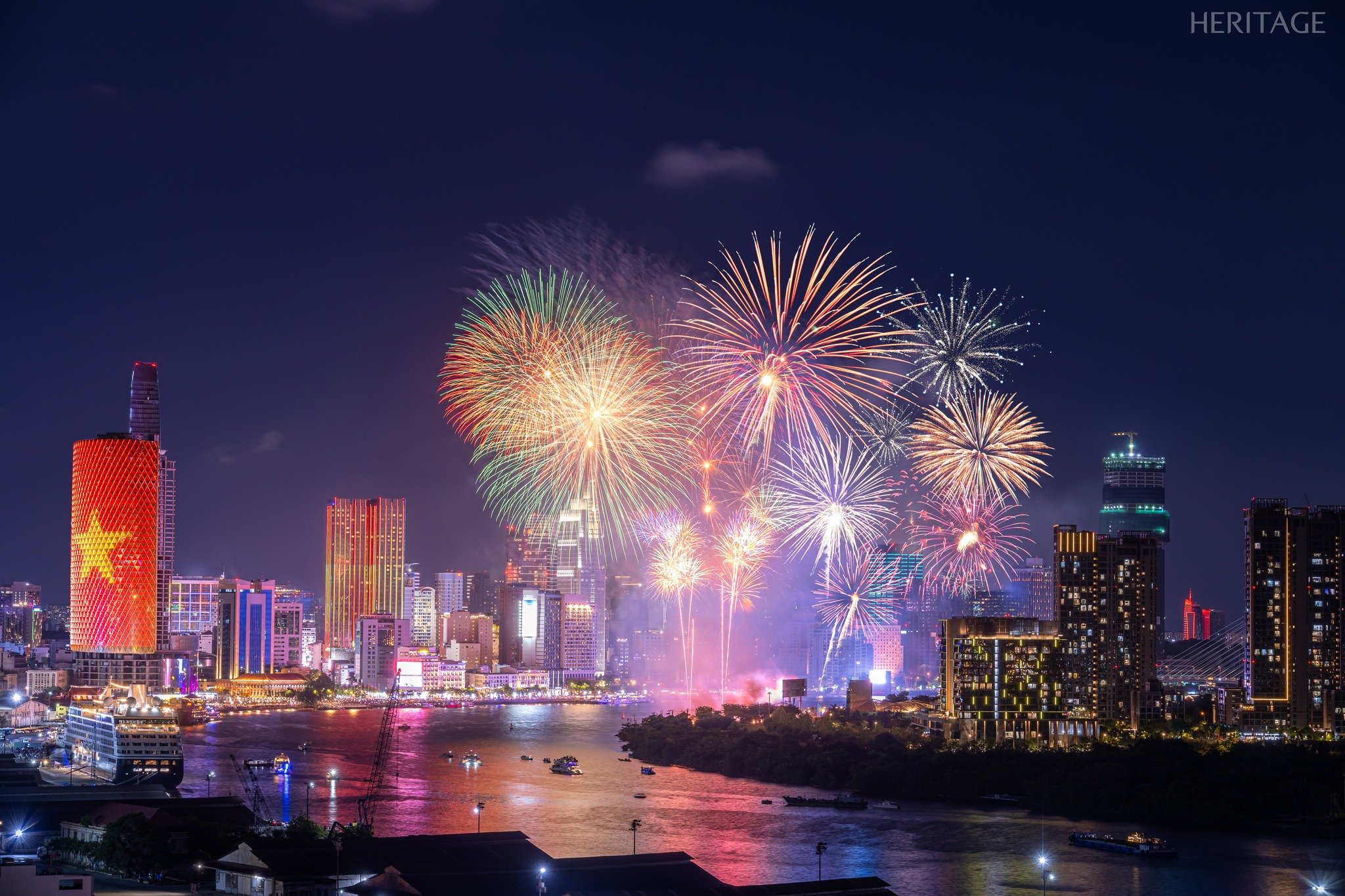




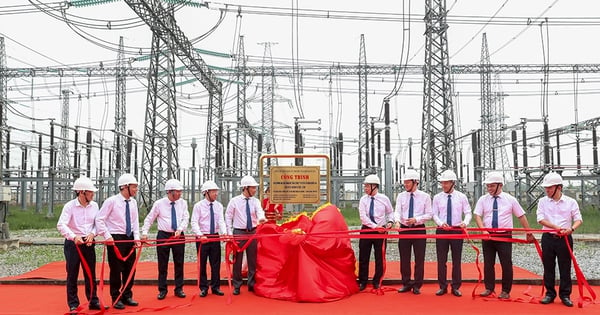
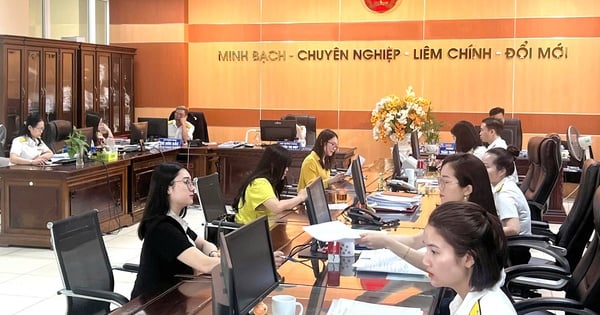
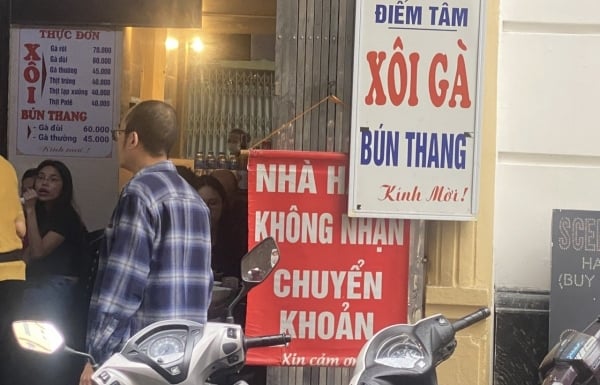
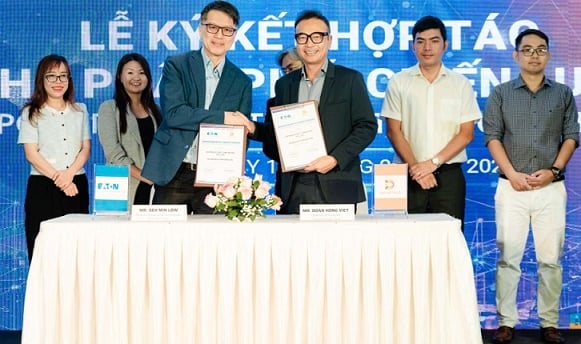
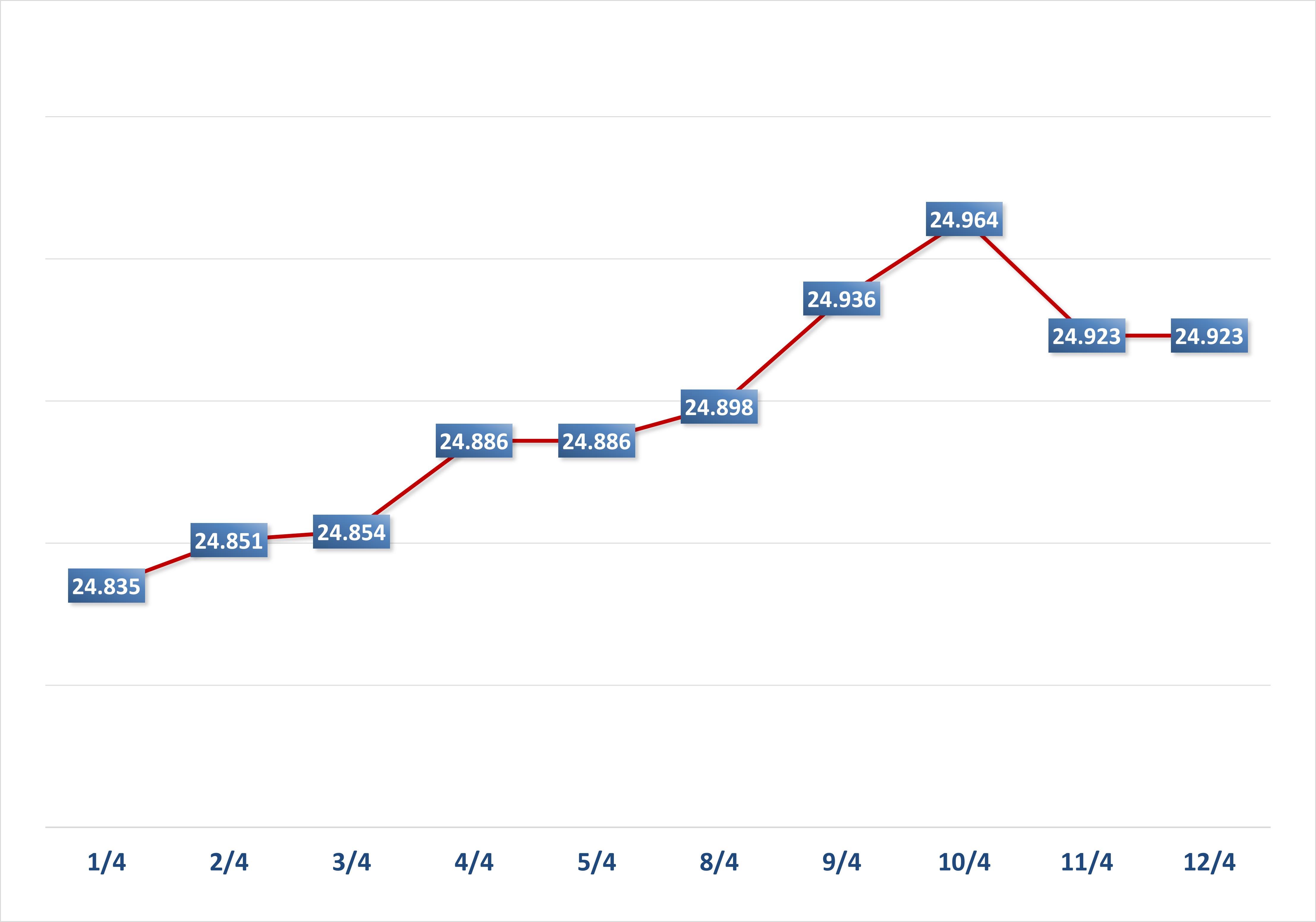
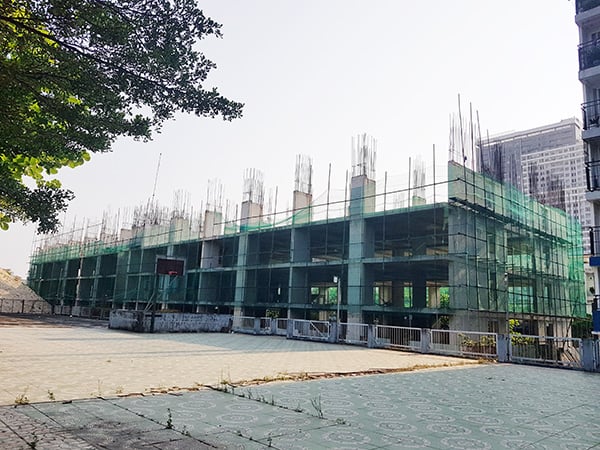



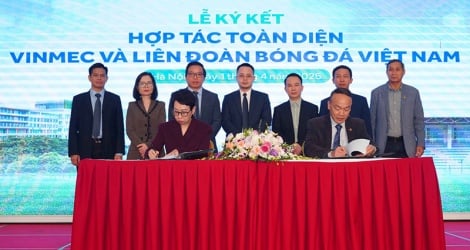



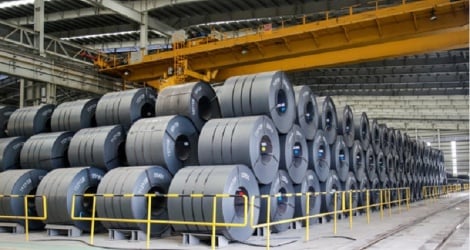















































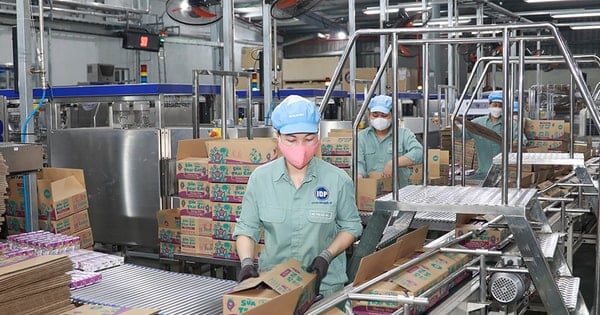

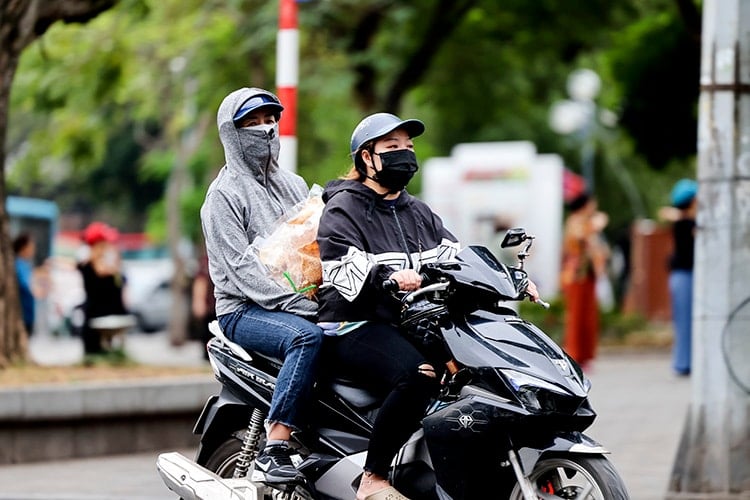

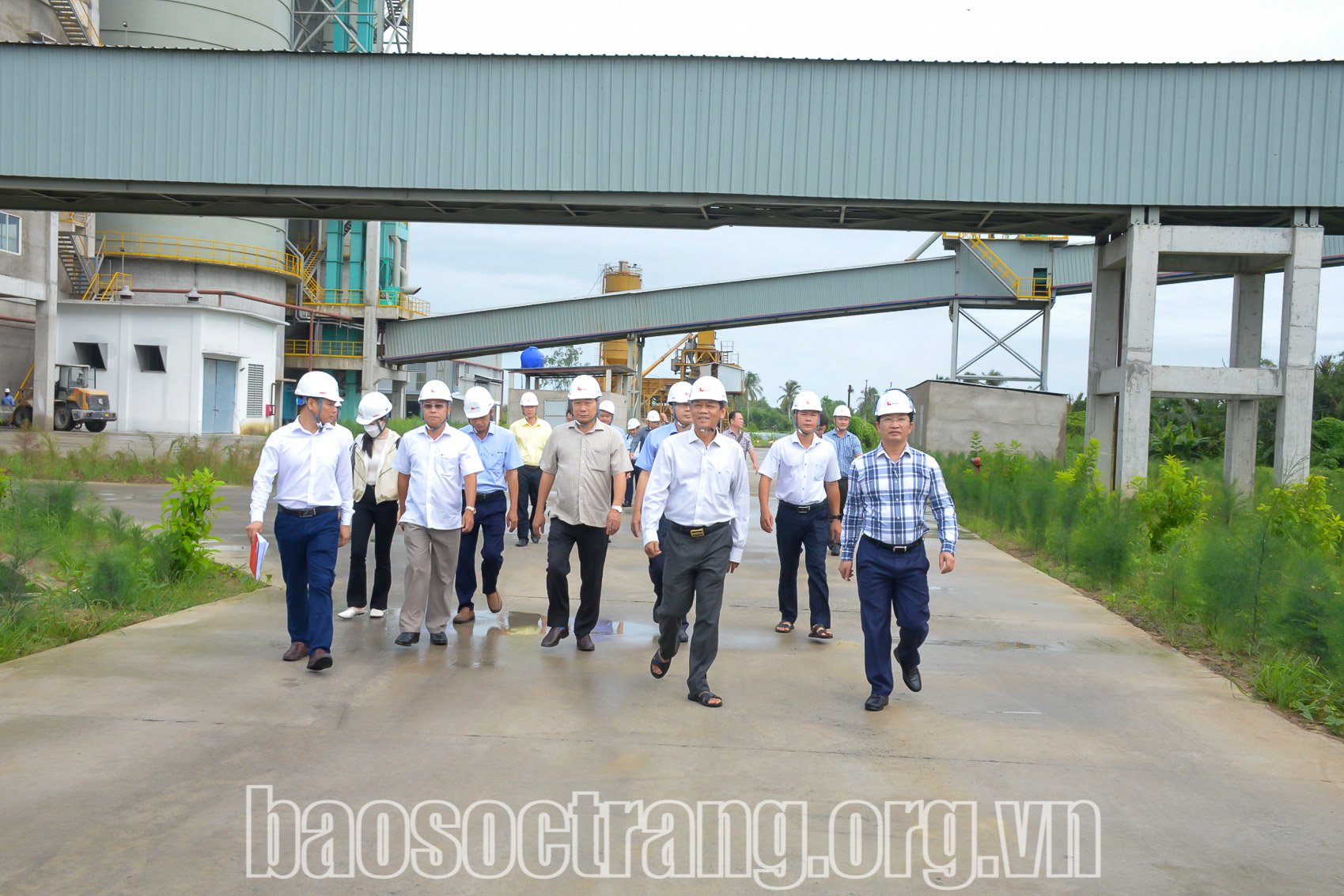

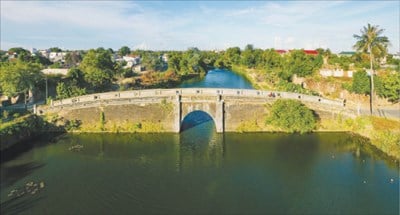
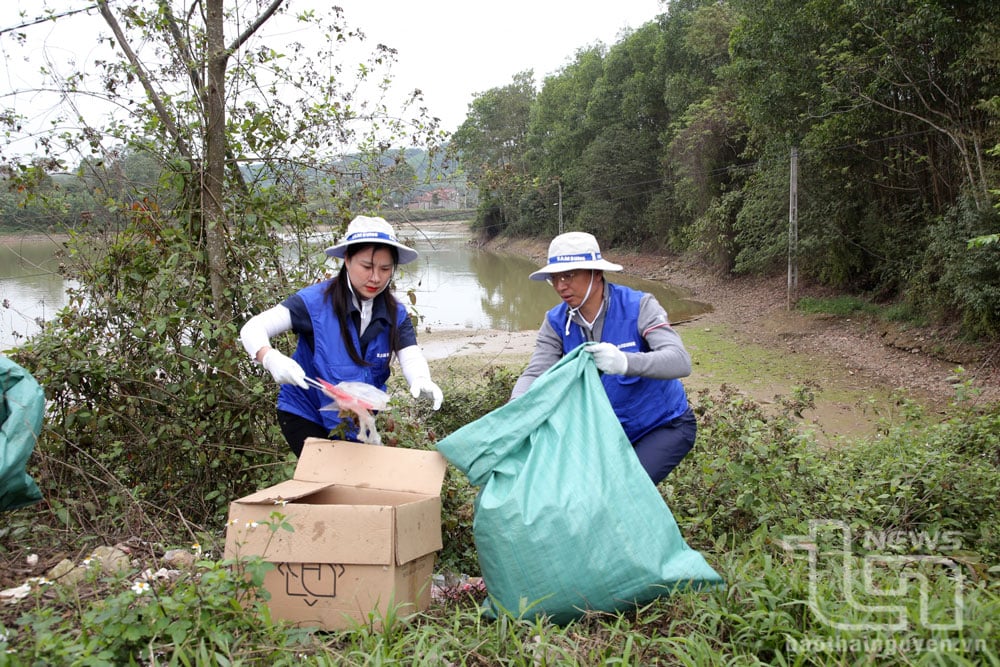












Comment (0)